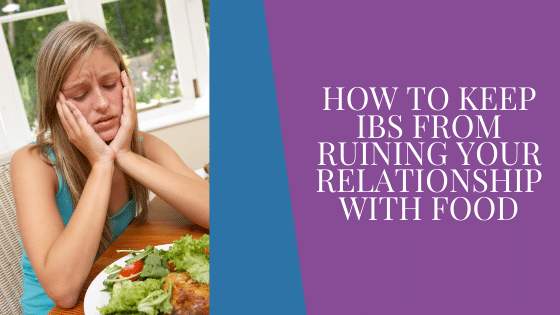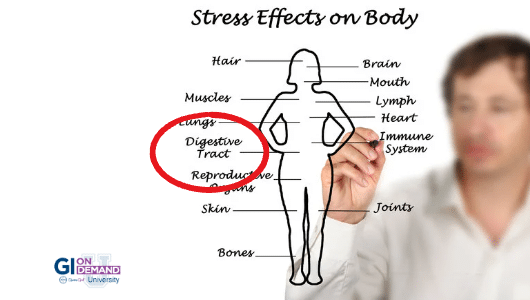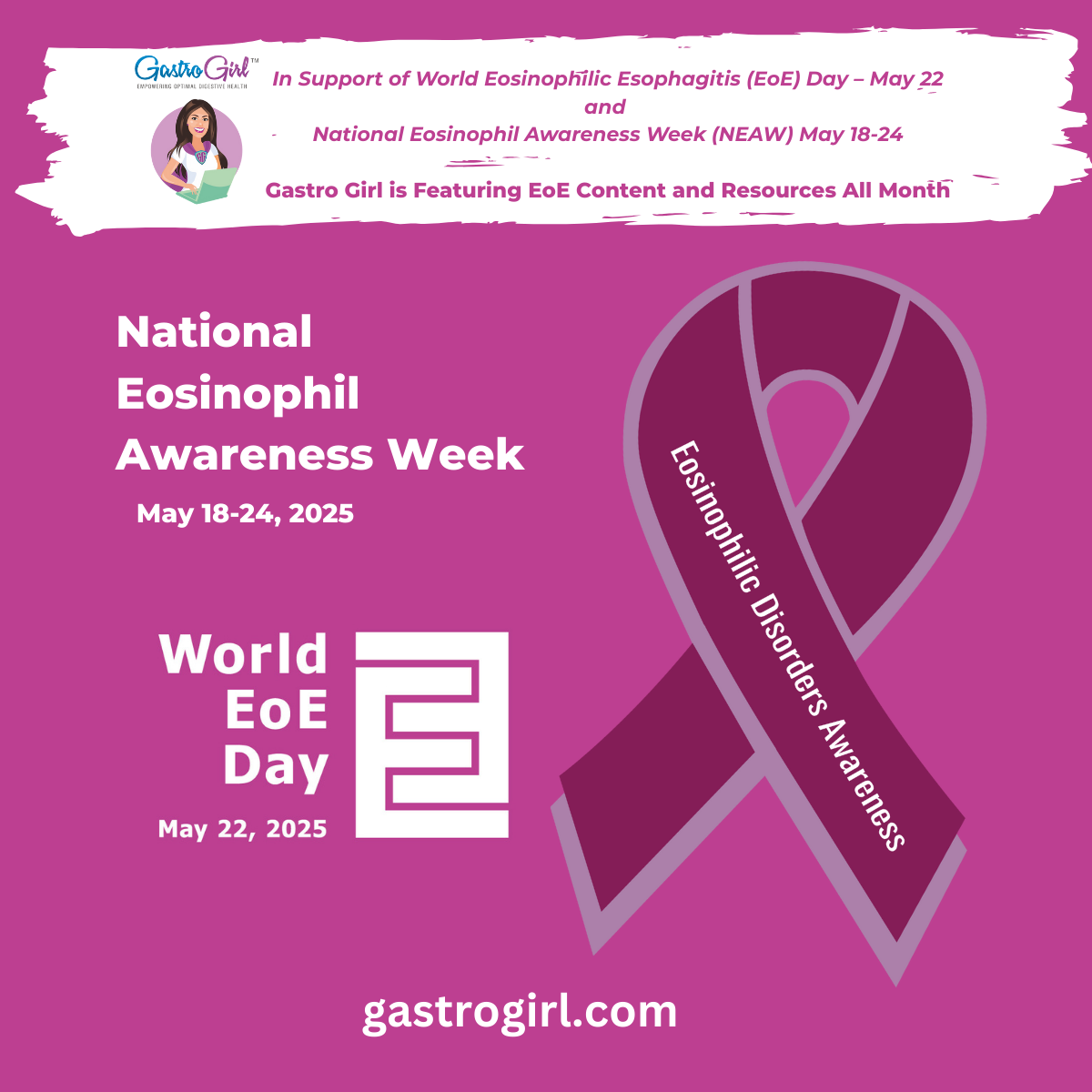How to Keep IBS from Ruining Your Relationship with Food
Instead of letting your irritable bowel syndrome (IBS) diet control your life and potentially ruin your relationship with food, follow these steps to set yourself up for success!
Work with a dietitian before changing your diet
It’s essential to work with a registered dietitian who specializes in IBS before changing your diet.
Adding in an unnecessary amount of restriction to your diet can harm your relationship with food. If you start cutting out foods because you think they will help your IBS, you can create fears around those foods.
IBS diets can be a slippery slope without the proper guidance. You may start by removing a few foods and then if you don’t get the results you were hoping for, you end up taking out even more foods. Before you know it, you are down to only 5-10 “safe” foods.
Working with a dietitian at the start will give you a solid plan to follow and can help you maintain your relationship with food. If you’ve already cut some foods out of your diet and are feeling stuck, a dietitian can also help you reintroduce foods.
Reintroduce foods
There is a right way and a wrong way to do an elimination diet.
Elimination diets for IBS, such as the low FODMAP diet, include multiple phases. The first phase is the elimination phase where you take out foods from your diet that are known to trigger IBS symptoms. After a few weeks, you move into the reintroduction phase where you test out the foods that you’ve removed from your diet to see how they affect your symptoms.
If you skip the reintroduction step, you will be left wondering what foods are safe and what foods are triggers.
Find your maintenance diet
Elimination diets are temporary learning tools and are not meant to be used for long periods of time. The ultimate goal of an elimination diet is to get to a maintenance phase where you now know what foods trigger your symptoms and what foods (and in what portions) you can tolerate.
The end result of nutrition therapy for IBS is finding a way of eating that is as broad as possible but also controls IBS symptoms.
Keep a food journal
Using a food journal is an important tool to help you figure out how food impacts your IBS symptoms. Before removing any food from your diet, start keeping track of your meals and taking note of your symptoms on a daily basis. The journal doesn’t have to be fancy and can simply include scoring your IBS symptoms from 0-4. You can include abdominal pain, bloating, diarrhea, and constipation.
Your registered dietitian can then review your food journal with you and help look for patterns. So instead of severely restricting your diet, you can just trial avoiding a few foods that you might be sensitive to.
Keeping a journal during your elimination and reintroduction phase will also give your dietitian vital information to help guide your care.
You won’t need to keep a food journal forever, but it will help give you awareness about how foods affect your IBS symptoms and is an important piece of finding the best diet for you.
Diet changes can have a very meaningful impact on IBS symptoms. Working with a registered dietitian, tracking your symptoms, and reintroducing foods will help you control your symptoms without ruining your relationship with food.
Katelyn Collins, RD is a registered dietitian specializing in irritable bowel syndrome (IBS) and digestive health. Katelyn’s personal experience with IBS first sparked her passion for nutrition and health. Since then, she has been a vocal advocate for the digestive health community and has dedicated her own nutrition practice to serving those with digestive conditions.
Listen to our
latest Podcast!







